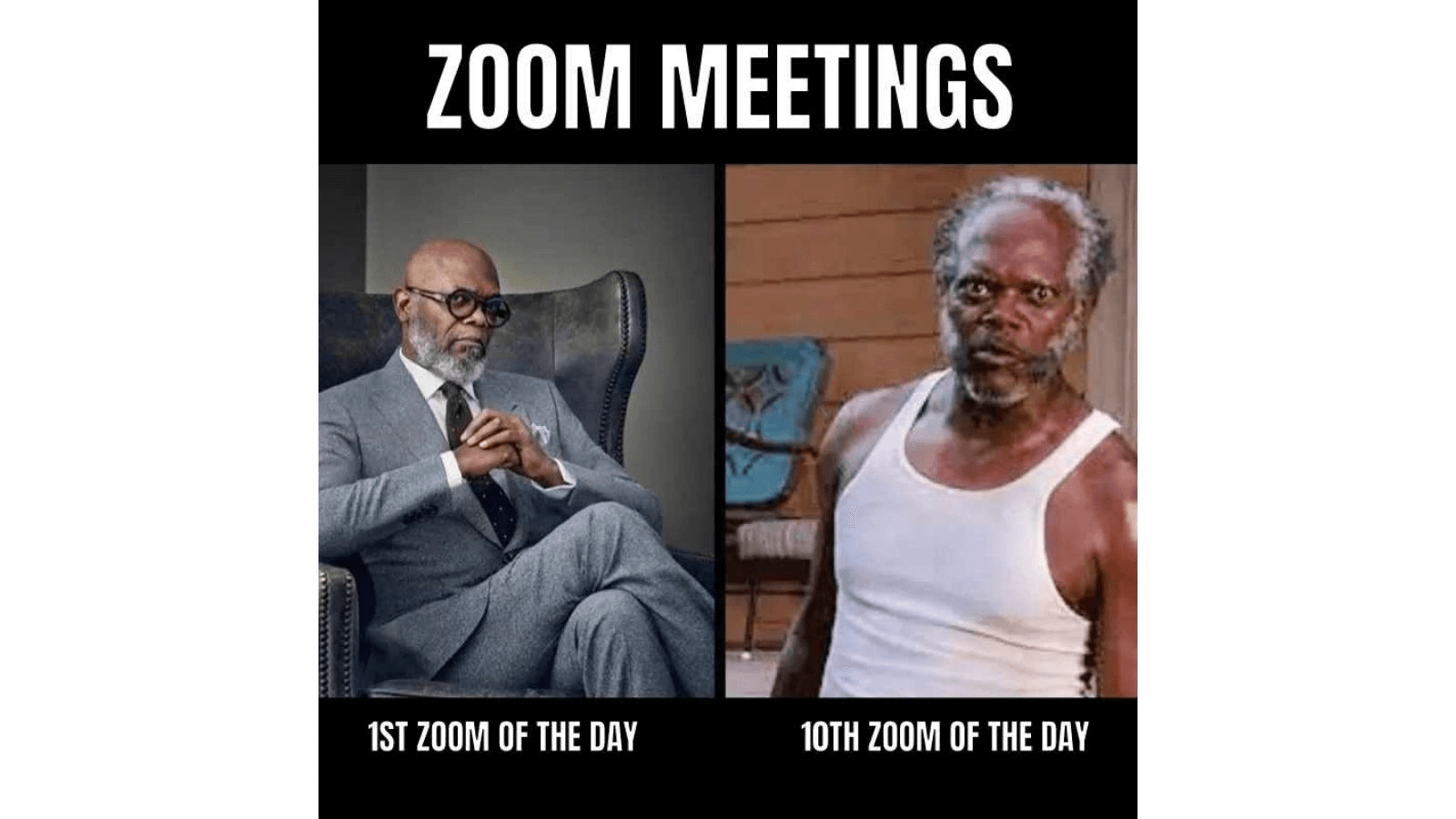Driven in large part by the COVID-19 pandemic, the legal industry has seen a significant shift towards virtual proceedings. Among the various virtual tools available, Zoom has emerged as a crucial platform for conducting business across the world.
Enter the bankruptcy court which has been conducting 341 hearings by telephone conference call, but is now making the switch to Zoom.
What is a 341 hearing?
Soon after a bankruptcy case is filed, a meeting is held so that creditors and the trustee can ask questions about the debtor’s financial situation. This meeting is required by Bankruptcy Code section 341(a) and the meeting is presided over by either the trustee assigned to the case and/or a representative of the U.S. Trustee’s Office.
1. Accessibility for All Parties
One of the primary advantages of using Zoom for 341 hearings is its accessibility. This platform enables all relevant parties, including debtors, creditors, attorneys, trustees, and court officials, to attend the hearing remotely. This is especially valuable when dealing with geographically dispersed participants, reducing the need for lengthy commutes and logistical challenges.

2. Cost Savings
Zoom eliminates the need for travel and accommodation expenses typically associated with in-person hearings. Attorneys and clients can save both time and money by participating in 341 hearings from their homes or offices. This is particularly advantageous in cases where the debtor or creditor may be located in another city or state.
3. Efficient Scheduling and Management
Zoom offers robust scheduling features that simplify the process of setting up 341 hearings. Attorneys and trustees can coordinate and schedule hearings efficiently, reducing the likelihood of scheduling conflicts and delays. The ability to send calendar invites and reminders helps ensure that all participants are aware of the hearing’s date and time.
4. Enhanced Document Sharing
Document sharing is a critical component of 341 hearings, and Zoom facilitates this seamlessly. Attorneys can easily share and review documents, including bankruptcy petitions, financial statements, and supporting evidence, within the virtual meeting environment. This not only streamlines the hearing process but also ensures that all parties have access to the necessary documents in real-time.
5. Secure and Confidential
Zoom prioritizes security and confidentiality, which are paramount in legal proceedings. The platform offers password protection for meetings, waiting rooms for participants, and end-to-end encryption to safeguard sensitive information. This ensures that 341 hearings maintain the highest levels of privacy and security.

6. Recording and Transcripts
Zoom allows for the recording of hearings, which can be invaluable for future reference or in case of disputes. These recordings can serve as a detailed record of the proceedings and are accessible to authorized parties. Additionally, transcripts of the hearings can be generated for documentation purposes.
7. Interactive Features
Zoom’s interactive features, such as chat and screen sharing, enable more effective communication during 341 hearings. Attorneys can use chat to clarify points, share links to documents, or ask questions. Screen sharing can be particularly useful when presenting visual information, ensuring that all participants have a clear view of critical details.
8. Flexibility and Adaptability
Zoom is adaptable to various hearing formats, from initial meetings to subsequent hearings and follow-up discussions. This flexibility allows the legal process to continue smoothly, even in uncertain or rapidly changing circumstances.
9. Compliance and Reporting
Zoom provides tools for compliance and reporting, allowing administrators to track meeting attendance and collect other relevant data. This can be vital for legal professionals who need to document adherence to regulations and court requirements.
Should you need to consult a bankruptcy lawyer, please call our office located in Midlothian Village at (804) 423-1382 to set up an appointment for an initial consultation.